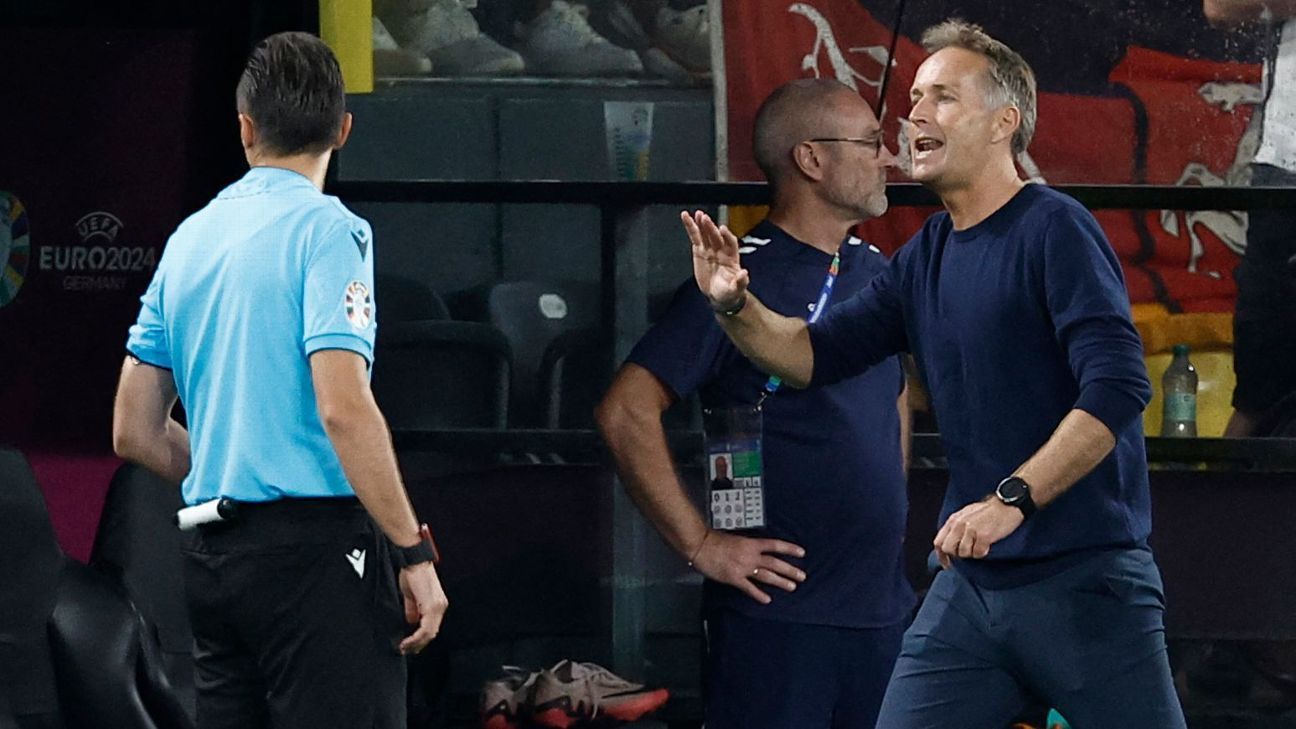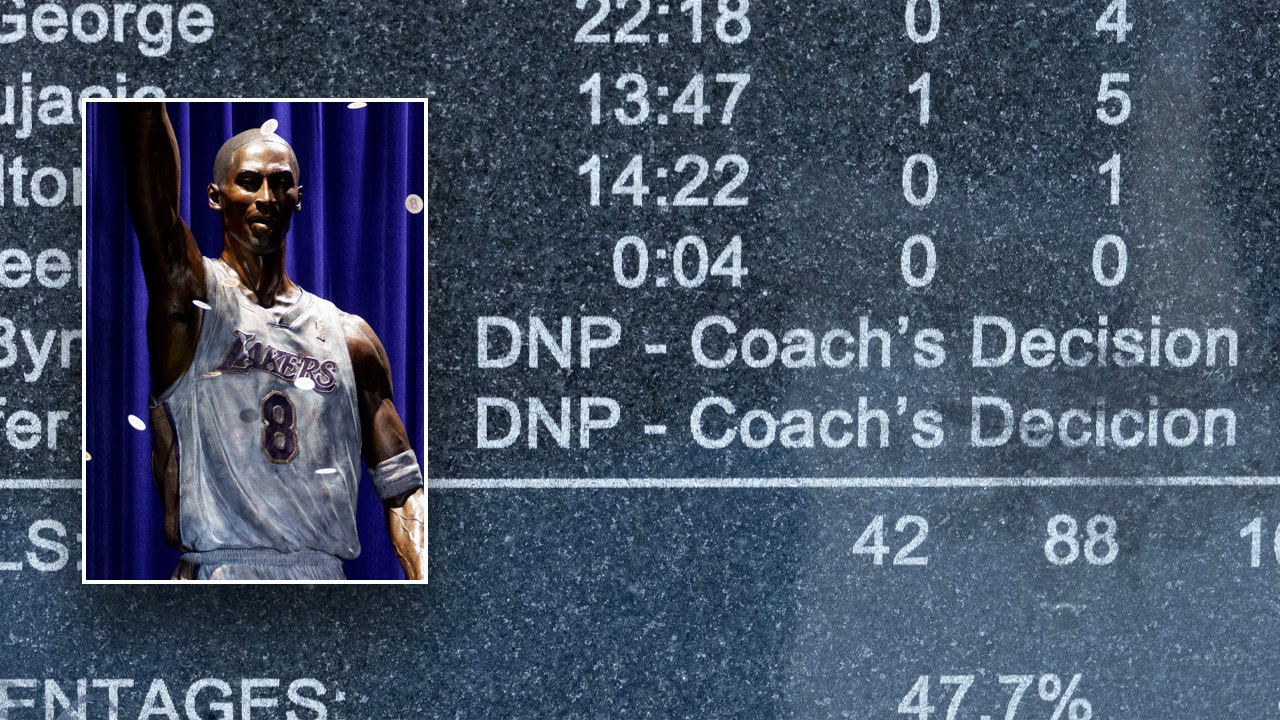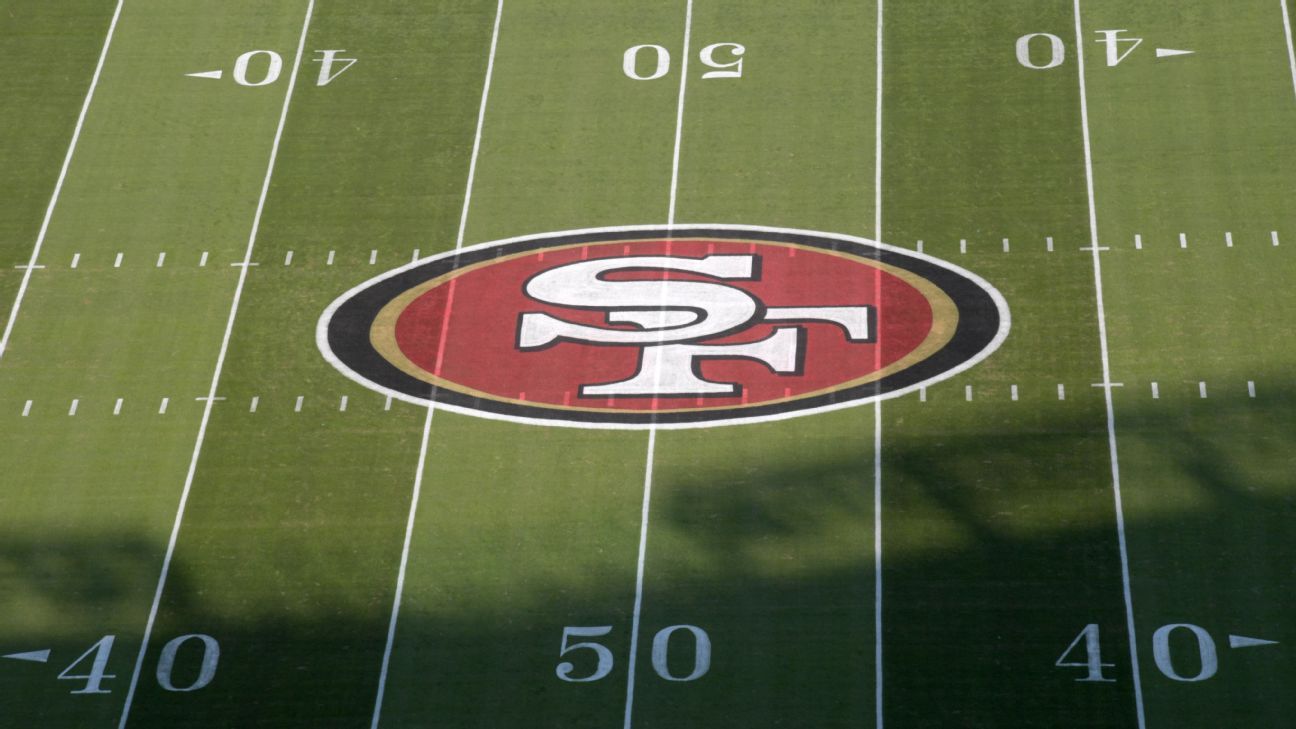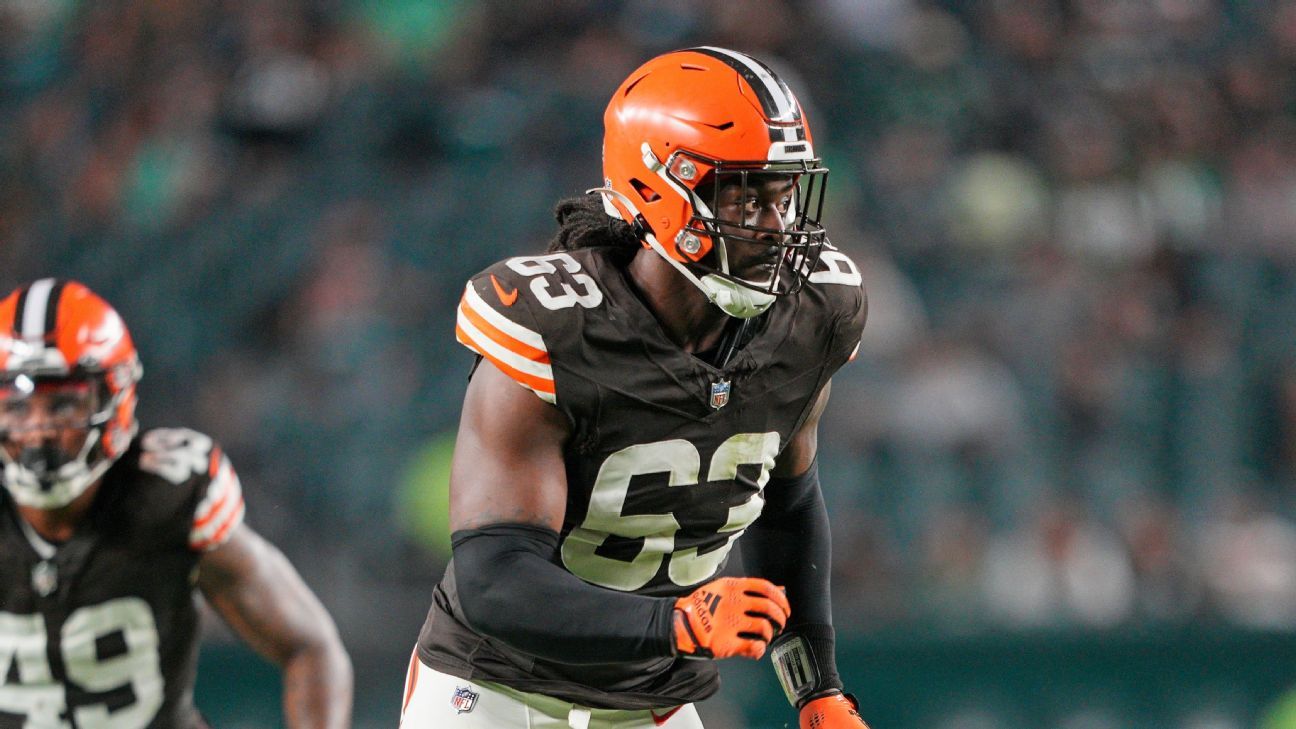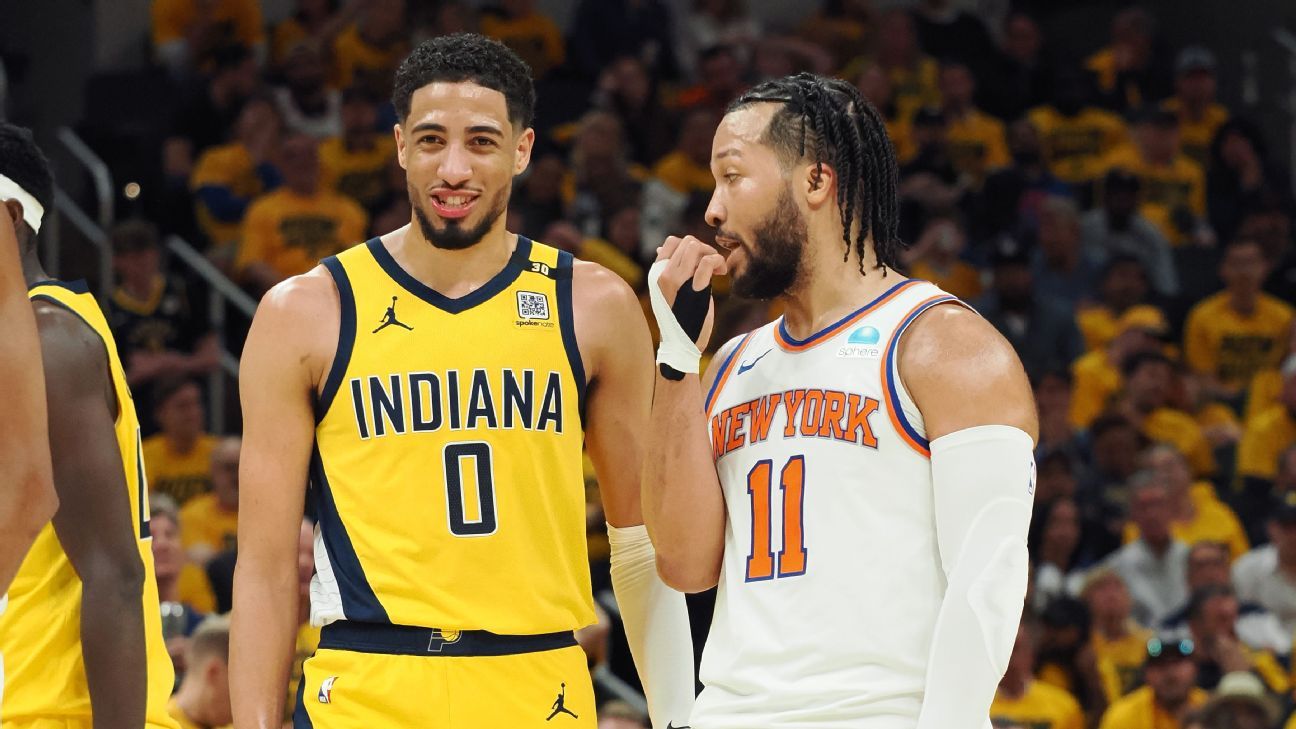DORTMUND, Germany — Denmark coach Kasper Hjulmand slammed “ridiculous handball rules” and said “this is not how football should be” after two VAR decisions in the space of two minutes against his team helped Euro 2024 hosts Germany seal a 2-0 round of 16 victory in Dortmund.
Premier League referee Michael Oliver disallowed a goal by Joachim Andersen in the 48th minute following a VAR intervention that highlighted a marginal offside involving Danish midfielder Thomas Delaney.
Two minutes later, Oliver awarded a penalty in Germany's favour after VAR officials Stuart Attwell and David Coote asked him to review an apparent handball by Andersen following a David Raum cross. Kai Havertz scored from the spot to put Germany 1-0 ahead, and Jamal Musiala added the hosts' second goal later in the first half.
But an angry Hjulmand questioned the use of VAR after the match, saying both decisions went against his team.
“It was decided by two VAR decisions,” Hjulmand said. “I have the photo here [of the Delaney offside]It was a centimeter. It doesn't make sense, that's not how we're supposed to use VAR.
“And after a few minutes, it's a penalty. [to Germany]. I'm so tired of the ridiculous handball rules. We shouldn't require the defender to play with hands like this. He [Andersen] He was running normally, it is a normal situation and he was hit with the ball from a meter away.
“I rarely talk about these decisions, but they were very decisive for this match. Being 1-0 up would have been very important and would have changed everything for our team.
“Good luck to Germany, but in my opinion football shouldn't be like this.”
Germany coach Julian Nagelsmann admitted he had no qualms about Hjulmand's complaints and said he would make the same argument if the decision had gone against his team.
“We had a penalty and I understand that Denmark was upset by it,” Nagelsmann said. “It's quite harsh, they didn't do it intentionally, but that's the rule. However, I would have been upset if it had happened the other way around.”
Despite two crucial calls against his team, Hjulmand said he still supported the use of VAR.
“I have always liked VAR,” he said. “I think technology can do something good for sport, but in my opinion, when a decision is good it should be visible from the moon and not depend on a few centimeters. It is supposed to be clear and obvious.”
“But when it is like that, it's a little questionable. It should also be faster. There has to be a way to improve it.”
“In seminars we have been taught many times how to explain the handball rule and we have asked ourselves: what is a natural movement?
“When they tell us that this is not a natural position to play with your hands because the player has to have his arms extended to run, tell me what the rule is.”
UEFA issued a statement on its website defending the decision to handball the ball and the use of technology to detect Andersen's hand.
“During the match between Germany and Denmark, connected ball technology housed in the Adidas Fussballliebe ball showed that Danish defender Joachim Andersen handled the ball inside the penalty area,” UEFA said.
“In this case, the sensor was able to accurately record the contact of the player's hand with the surface of the ball.
“The 'beat' of the ball shown in the broadcast is the same one that the referee sees during the on-field review and discerns the point of contact with an accuracy of five-hundredths of a second.”
Hjulmand, for his part, defended referee Oliver's decision to take both teams off the field in the first half due to a thunderstorm.
“I wasn't afraid, but I was looking for the players,” he said. “I was involved in a match in Denmark when lightning struck one of my players, so I know how dangerous it can be.
“The lightning struck right over the stadium, I saw the reaction of my players and it was the right thing to do.”

